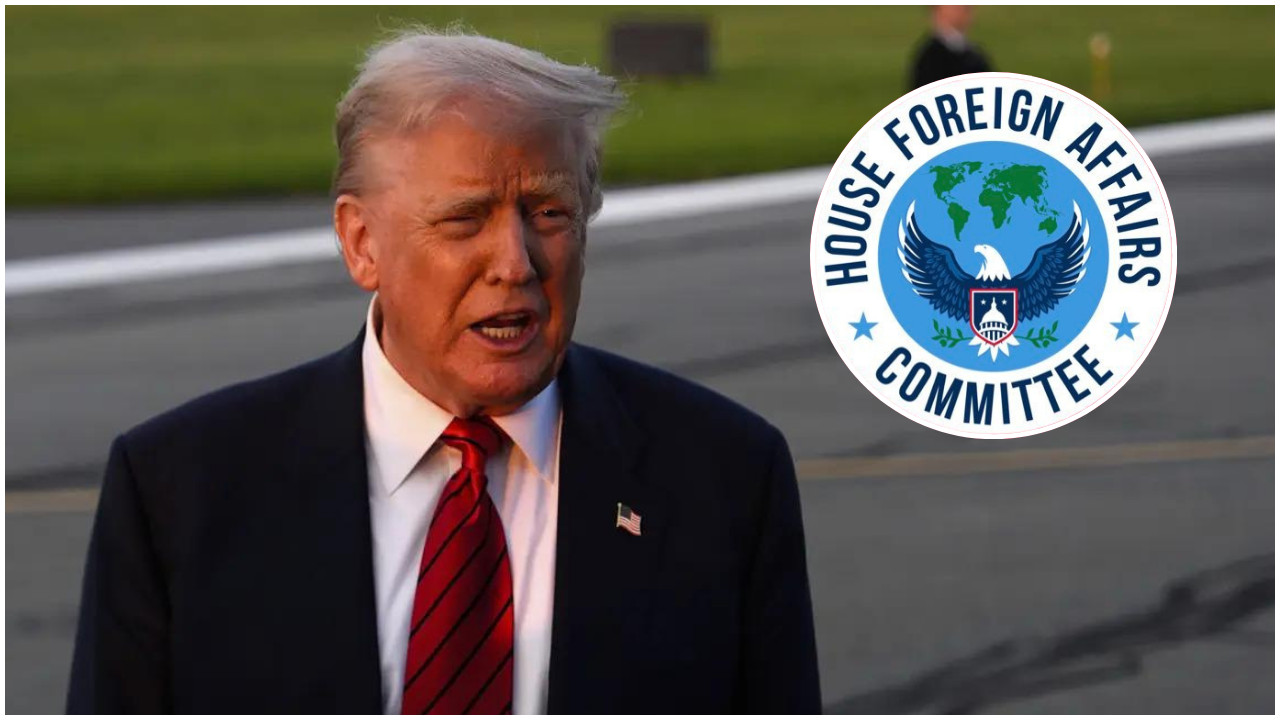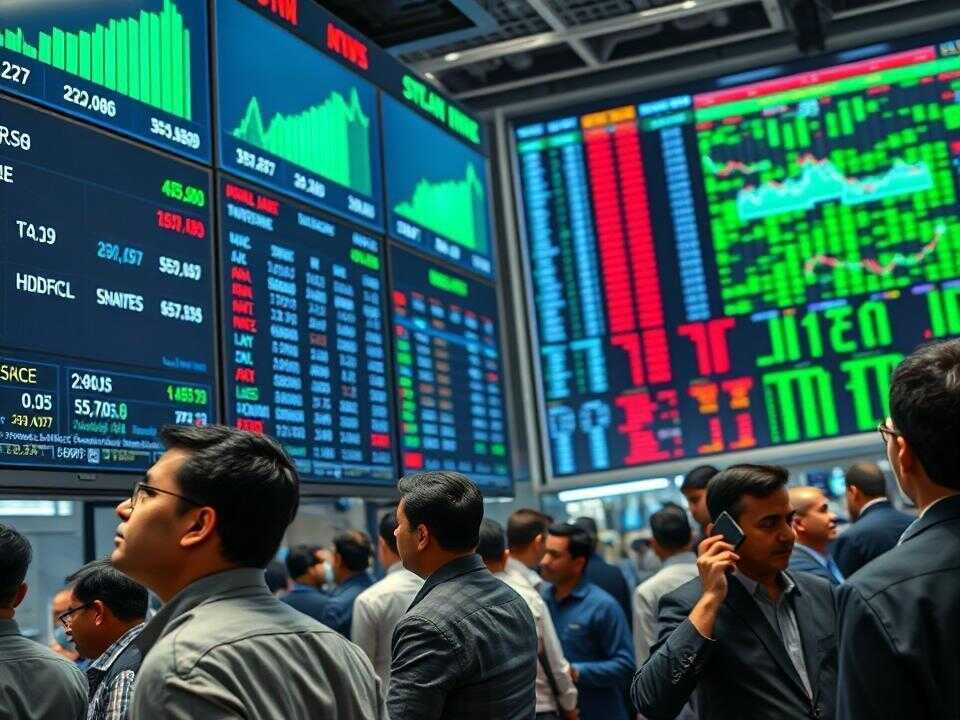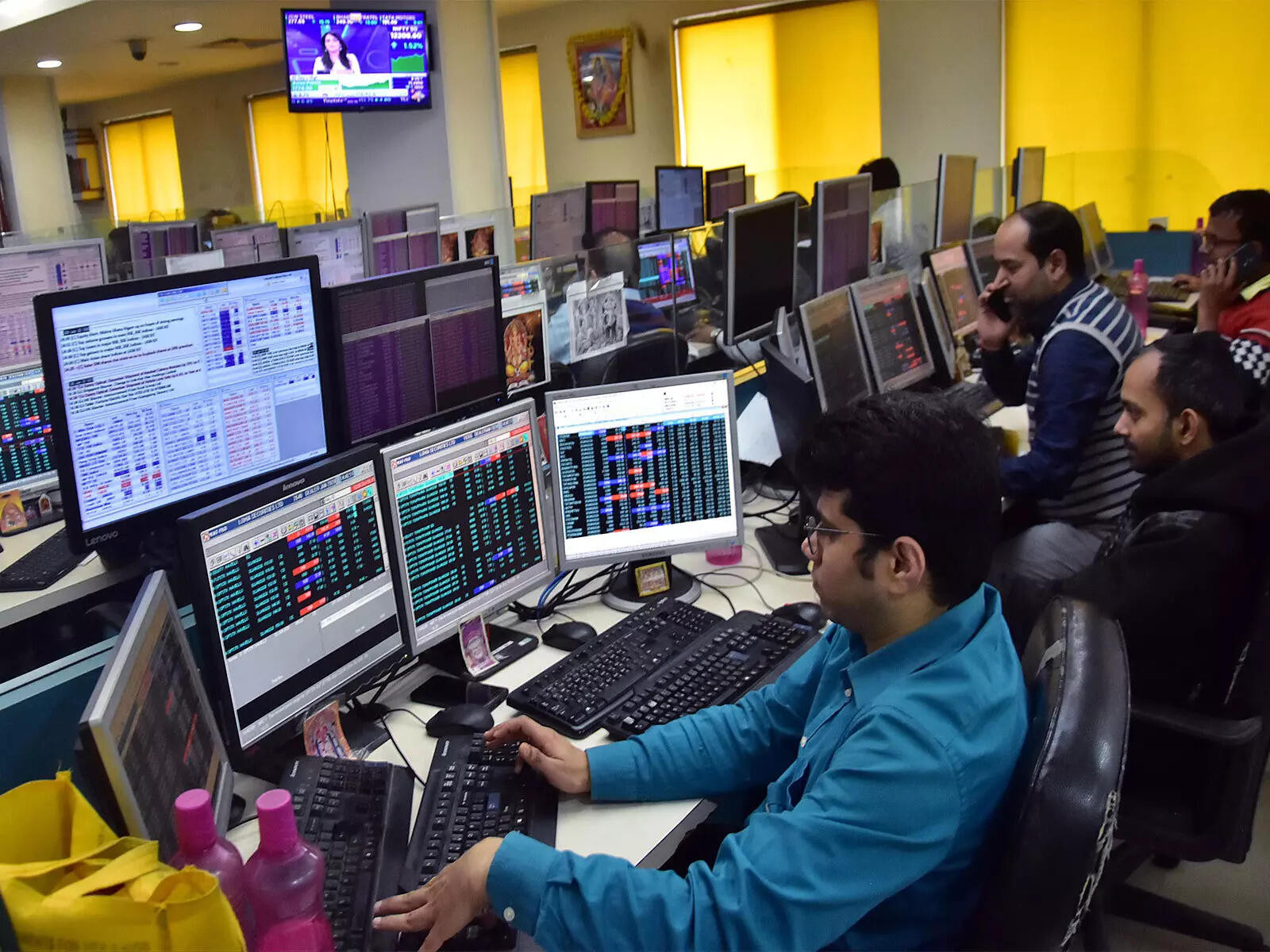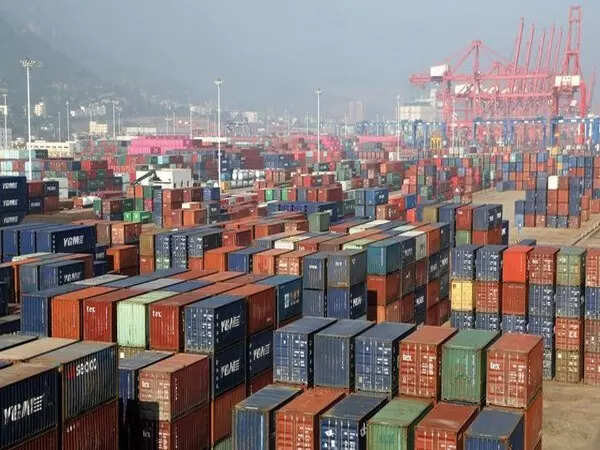Democrats on the House Foreign Affairs Committee criticized the Trump administration’s threat of higher tariffs on India if US-Russia talks fail. This came after the US Treasury Secretary suggested raising tariffs on Indian imports due to Russian oil purchases. India has strongly opposed the tariffs, deeming them unfair and emphasizing its need to ensure energy security.
India’s Tricky Tariff Tightrope: Balancing Trade and Geopolitics
The winds of global trade are swirling once again, and India finds itself navigating a particularly complex current. Recent rumblings in Washington DC highlight the delicate balancing act between economic interests and geopolitical alliances. A group of Democratic lawmakers are pushing back against the idea of levying tariffs on India, arguing that such measures are counterproductive and could even undermine efforts to support Ukraine against Russian aggression. But why is India, a nation seemingly distant from the conflict, caught in this crossfire?
The answer lies in India’s continued trade relationship with Russia, particularly its import of discounted crude oil. Since the onset of the war in Ukraine, many Western nations have imposed sanctions and trade restrictions on Russia. However, India, driven by its own energy security needs and a long-standing strategic partnership with Russia, has continued to purchase Russian oil, albeit at prices significantly lower than the global market rate.

This decision has drawn criticism from some quarters, particularly in the United States, where voices have emerged suggesting that India is indirectly funding the Russian war effort. Hence, the proposal to impose tariffs on Indian goods as a form of economic pressure.
The dissenting Democratic lawmakers, however, see a different picture. They argue that penalizing India economically could push it further into Russia’s orbit, weakening the international coalition seeking to isolate Moscow. They suggest that a more effective approach would be to increase military aid to Ukraine, thereby directly bolstering its defense capabilities. They see India as a crucial potential partner in regional stability and countering Chinese influence, and believe that alienating it through tariffs would be a strategic blunder.
The core of their argument rests on the understanding of India’s unique position. India isn’t necessarily endorsing Russia’s actions, but rather acting in its own national interest. Cutting off access to affordable energy would have severe consequences for India’s economy and its large population, particularly its vulnerable citizens.
Furthermore, proponents of a softer approach towards India emphasize the importance of long-term strategic considerations. India is a rising global power with a significant role to play in shaping the future world order. Antagonizing India now could have unintended consequences for future cooperation on issues ranging from climate change to counter-terrorism. They also point out that tariffing India could embolden China, further destabilizing the region.
The debate surrounding potential tariffs on India highlights the increasing interconnectedness of global economics and geopolitics. It’s no longer possible to isolate economic decisions from their broader strategic implications. The decision facing the US government is not simply about trade imbalances or economic leverage, but about navigating a complex web of alliances and interests to achieve broader geopolitical goals.
The situation also underscores the importance of understanding different national perspectives. What might seem like a clear-cut case of right and wrong from one vantage point can appear far more nuanced from another. In India’s case, its continued engagement with Russia is driven by a combination of historical ties, energy security concerns, and a desire to maintain strategic autonomy.
Ultimately, the question of whether or not to impose tariffs on India is a multifaceted one with no easy answers. It requires careful consideration of the potential economic and strategic consequences, not only for India and the United States, but for the wider global landscape. To learn more about related trade dynamics, you can check our analysis of [India’s evolving trade relationships](internal-link-example.com). The tightrope walk continues.
Navigating the complexities of global trade requires a nuanced understanding of individual nations’ motivations and their geopolitical significance. This situation highlights the need for diplomatic solutions that foster collaboration rather than resorting to punitive measures that could have unforeseen consequences. The future of global alliances hinges on the careful consideration of these intertwined factors.







